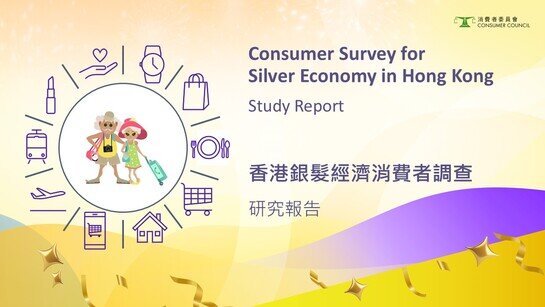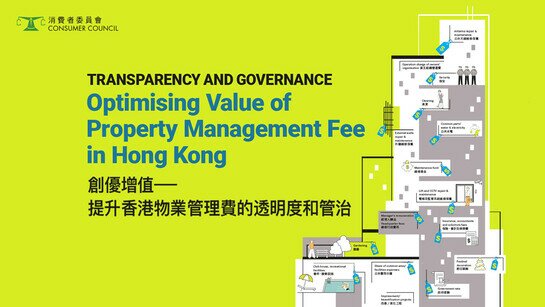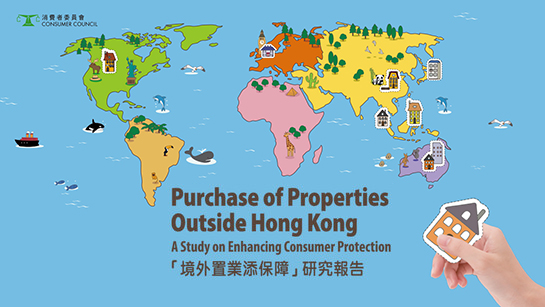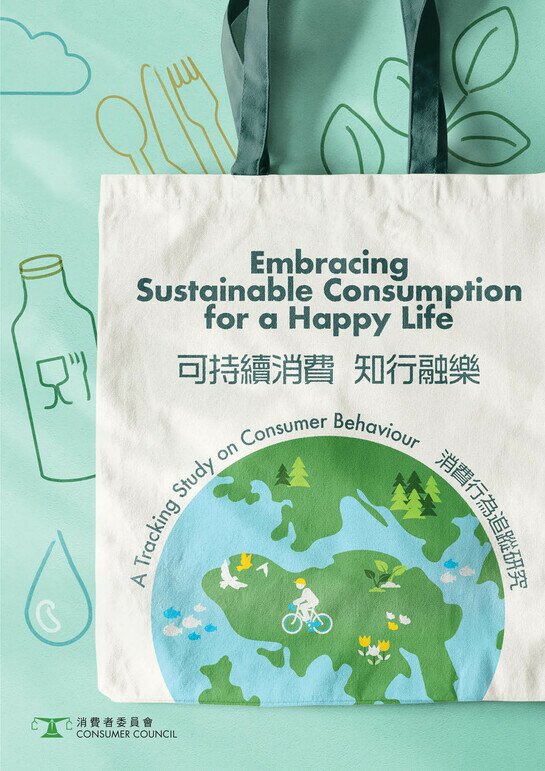Executive Summary
- The Consumer Council periodically reviews retail prices of petroleum products, based on information obtained from publicly available sources and by direct request to suppliers into the Hong Kong market.
- While observations can be made on whether prices are reasonable or unreasonable, or whether they are subject to competitive pressures, the observations are limited. This is due in part to an inability to verify information that is provided by business. In addition, the use of historical prices as a basis for comparison, might not reflect optimal efficient pricing,and therefore may not be adequate for a thorough analysis to begin with.
- Nevertheless, the Consumer Council is able to provide some analysis on the pricing of unleaded petrol,diesel and liquefied petroleum gas, at various stages in the chain of supply. The Council's analysis of prices observed from the period October 1997 to July 1998 indicates that retail prices for unleaded petroleum and diesel were reduced, roughly in line with a reduction in import prices. However, this is not to say without doubt that the current prices are reasonable, for the reasons indicated above. There is some price competition through the use of fleet discounts, credit sales, and discount coupons. However, not all consumers are able to participate in these schemes and are unable to benefit from this form of competition. There is also a form of competition through product differentiation,such as the use of 'give-aways' associated with retail sales. The Council does not believe this equates to the form of competition that consumers would prefer.
- The absence of any price reduction for LPG points to a lack of competition in the retail supply and indicates that prices might not be reasonable, given observed reductions in import prices. The oil companies were asked for comments concerning the absence of a reduction in price and provided some mitigating factors. These did not convince the Council that there should be no price change. The Council has previously considered the market for supply of domestic gas in 1995, and its report highlighted structural issues leading to a captive market for LPG customers.
- The Council's analysis of LPG pricing is that there appears to be some room for retail price reductions, given the reduction in import prices. The Council notes that the power and gas utilities have an element transparency in their retail pricing through the use of an index, passing on any reductions in costs to consumers. The Council recommends that a similar mechanism could be used for LPG used in the domestic water heating and cooking market.











